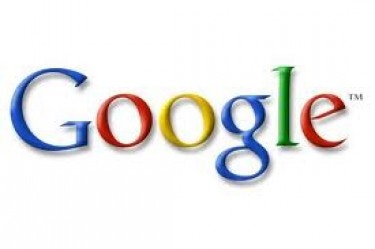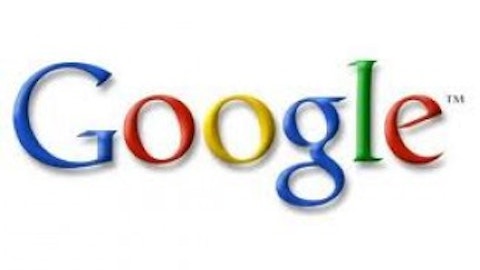In the ever-changing technology market, companies are always looking for a way to stay competitive. In recent years, billion-dollar acquisitions have become increasingly popular as a means of getting ahead–or simply keeping up. Recently you saw yet another example of this, as internet monster Yahoo! Inc. (NASDAQ:YHOO) announced it would acquire blogging site Tumblr for around $1.1 billion.
Yahoo! Inc. (NASDAQ:YHOO) saw the deal as a way to increase its value and gain market share, particularly with a generation of millennials to whom Yahoo! is not well known. Tumblr’s primary users are 18-24 year-olds, an age group previously lost to Yahoo! Inc. (NASDAQ:YHOO). What does this mean for investors? Do these massive acquisitions pay off for shareholders?
Big and getting bigger
Yahoo! Inc. (NASDAQ:YHOO) is certainly not alone in its big move to buy a smaller company with great potential. You may remember in 2006, when Google Inc (NASDAQ:GOOG) bought a blossoming video sharing site called YouTube for a mere $1.65 billion. At the time, this deal was the largest that the company had made, and luckily it did not disappoint.
YouTube is now the world’s second largest search engine behind Google Inc (NASDAQ:GOOG). More searches mean more ads, and therefore mean more money. More importantly, a video-sharing website means Google Inc (NASDAQ:GOOG) can serve more video ads, which can bring higher revenues. On WSJ.com, for example, video advertisers have paid as much as $90 per 1,000 views (CPM).
And when Facebook Inc (NASDAQ:FB) first launched, a talented advertiser could run niche ads (with high click through rates) for as little as $1 per 1,000 views. For comparison, when YouTube first launched, companies had to spend $50,000 within 90 days – a far cry from the “chump change” days of $1 per click. Therefore, it isn’t surprising that Google Inc (NASDAQ:GOOG) shares have risen by over 110% since the deal. There are many other factors that go into Google Inc (NASDAQ:GOOG)’s continuing success, but the YouTube acquisition was the search giant’s first major step towards its goal of immediate and rapid expansion.
Mr softy
Though Microsoft Corporation (NASDAQ:MSFT) has made its living in different areas than Google, Bill Gates’ company has made significant efforts to compete in the world of social media. Most notably, in 2011 Microsoft purchased video chatting pioneer Skype for a whopping $8.5 billion. This move was criticized, mainly because of Microsoft Corporation (NASDAQ:MSFT)’s poor record concerning large scale acquisitions, such as its purchase of aQuantive in 2007.
Perhaps even more telling is a comparison of these two firms, to their index, since the 2011 Skype deal.

Source: Yahoo! Finance
These enormous companies continue to envelope upstart newcomers, which is why I think the social media world will continue to get smaller and only the largest companies will emerge as significant players.
Thanks, Instagram
Even newer tech companies, such as social media site Facebook Inc (NASDAQ:FB), have used this strategy to quickly add value. Last April, Facebook bought the popular photo-sharing app Instagram for—you guessed it—$1 billion. This decision turned out to be a good one for Facebook. Instagram’s user base continues to grow, even as Facebook’s popularity weakens. In fact, a study found that only 20% of teens say that Facebook is their most important social media website, down from over 30% a year ago.
Luckily for Facebook, the same study showed that Instagram is still gaining popularity among the teen demographic. Now a year later, Facebook has seen its revenue increase by 38%, largely as a result of this purchase. This can be attributed to the fact that Instagram is attracting a more “hip” demographic that Facebook failed to draw in on its own, therefore providing more options for companies looking to advertise on the site.
Prior to Facebook’s IPO, the company was pursued by a host of prospective buyers, including all three of the aforementioned companies. Specifically, Yahoo! Inc. (NASDAQ:YHOO) offered over $1 billion in 2006 and Microsoft offered $15 billion in 2007. Apparently Mark Zuckerburg was not the only one who saw enormous potential in Facebook.





